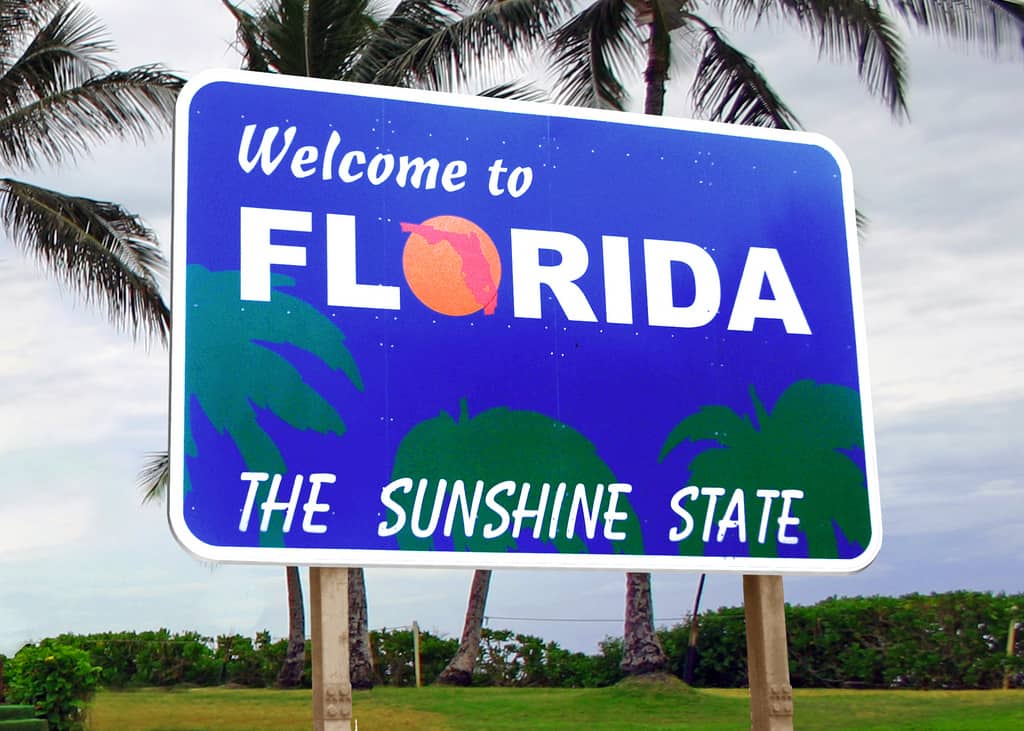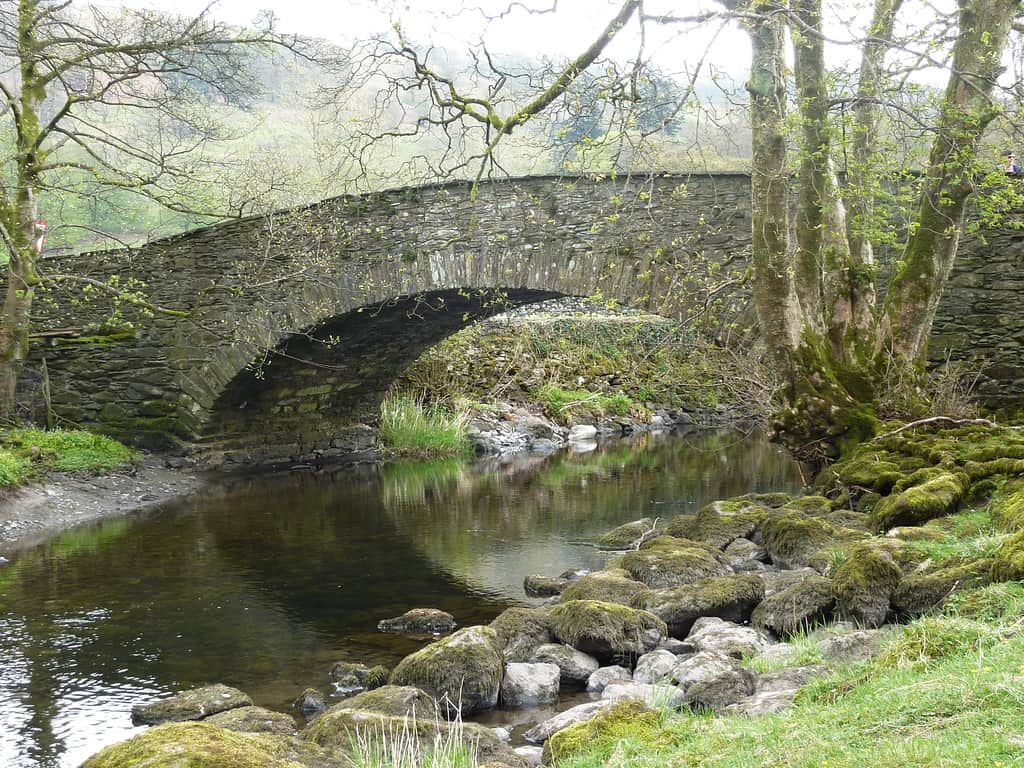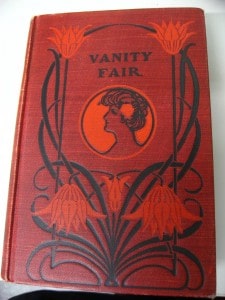In terms of geographic literary location, England’s Lake District has inspired the likes of Wordsworth, Coleridge, Thomas de Quincey, John Ruskin and Beatrix Potter. The Lake District, even today, features wooded pastures, farmland, fells, mires, screes, windswept upland heaths, coastal dunes and estuaries. It remains an unspoiled, unbleared refuge far from the toil and tackle of London and the other industrial giants of Manchester, Birmingham and Liverpool. In the nineteenth century, this is where the English went to write, to retreat, to restore. Wordsworth describes the effect of the place:
This small abiding-place of many men,
A termination, and a last retreat,
A centre, come from wheresoe’er you will,
A whole without dependence or defect,
Made for itself, and happy in itself,
Perfect contentment, Unity entire.
(Home at Grasmere)
For the English Romantic of the nineteenth century, the “centre” and “Unity entire” were found in watery retreats and valleys of isolation. Of course, English literature has moved back to a grittier “centre” since the nineteenth century Romantic Movement. Dickens, not long after Coleridge and Wordsworth, took us to the gritty orphanages, and Conrad to the very heart of darkness. Nonetheless, when the English think of their Lake District, they think literature.
On our side of the Atlantic, we have Florida. Yes, Florida. That drooping peninsula of beaches, strip malls, t-shirt shops, Disney and the Redneck Riviera has inspired some of the best literature our country has to offer. However, when most Americans hear “Florida,” they think vacation, sunshine, orange juice, or worse, Trayvon Martin, hanging chads and Bush v. Gore. Unlike the English with their Lake District, Americans don’t associate Florida with great literature. But we should.
At first glance one might not think the Lake District and Florida have much in common. Whereas the Lakes of England inspired Beatrix Potter to give us the cutest bunnies on earth, Flopsy, Mospy and Cottontail, Florida’s waters are invested with leathery gators and feral pythons. The waters of the Lake District run fresh; the briny swamps of Florida stagnate under a scorching sun. The mountains of the Lake District rise up into freshening breezes. The flat, parched plains of Florida are without mercy. However there is one feature they have in common. They both attract the writerly mind. Thoreau’s Walden Pond is but a puddle when compared to the teaming swamps and oceans of the imagined Florida. Like so many pink flocks of flamingoes, American writers seek out the swamps for inspiration. And if the Great American Novel is ever realized, I expect it will emerge from Florida.
Here are three recent novels that I would put in the running for some of America’s best.
***
Swamplandia! (2011)
by Karen Russell
Of the three authors featured here, Russell is the only one born in Florida. The twenty-nine-year old first found success with her collection of short stories, “St. Lucy’s Home for Girls Raised by Wolves” in 2007. Swamplandia! is her first novel and was a finalist for the 2012 Pulitzer Prize in fiction. Although, controversially, no prize was given this year, Russell was shortlisted as a nominee along with Denis Johnson and David Foster Wallace.
The novel begins shortly after the main character’s mother dies of cancer. The Bigtree family runs an alligator wrestling theme park on a remote island off the southwest coast of Florida. Told from the point of view of the teenage daughter, Ava, the novel traces the family’s attempts to wrestle with the loss of their mother, Hilola Bigtree, and the decline of the theme park. Hilola was the big attraction. Her most famous stunt was to leap from a high dive through the bug-infested night air into a pool filled with gators before swimming quickly and unscathed to the ladder on the opposite side of the pool. For years this feat drew vacationing families by the boatload. The theme park, which gives its name as the book title, struggles to cope with her loss. The family also struggles with the loss, but they would rather wrestle gators than acknowledge the loss of Hilola.
The family calls all of their gators, Seth, as in, “A Seth can close its jaw with 2,125 pounds per square inch of cubic force,” or “A Seth can’t love you back.” Ava, the narrator, never explains why the family calls the gators Seths. It makes a reader’s mind spin with the possibilities. Nevertheless, the Seths lay quietly, threateningly still, always poking a nose just above the surface of the text.
***
Shadow Country (2008)
by Peter Mathiessen
Whereas Russell is from Florida and just getting her start as an author, Mathiessen is originally from New York and is now 85 years-old. Shadow Country, published in 2008, is a reworking of a trilogy of novels he wrote during the ‘90’s. Set at the turn of the 20th century, it follows the life of a plantation owner, E. J. Watson, and his extended family through lands not far from Russell’s Swamplandia theme park.
Loosely based on the real life “Watson legend,” the book has all the features of a great western novel. Mr. Watson starts with nothing and scrapes a successful plantation out of the low-lying tidal swamps of the southwest coast of Florida. He becomes a legend in his own time fueling passionate loyalty, withering fear, and all-consuming hatred among his neighbors, his family, and his employees. He is a main character to simultaneously despise and worship.
One of Matthiessen’s best features is his prose. The novel opens just after a hurricane has ravaged the coast:
Sea birds are aloft again, a tattered few. The white terns look dirtied in the somber light and they fly stiffly, feeling out an element they no longer trust. Unable to locate the storm-lost minnows, they wander the thick waters with sad muted cries, hunting seamarks that might return them to the order of the world… Pastor Smallwood, on his knees under his store, is raking out the last of his drowned chickens.
Matthiessen’s Mr. Watson is himself a hurricane of a man, visiting his destruction upon the land and people he so desperately needs for his own survival.
***
Lost Memory of Skin (2011)
by Russell Banks
Originally from Newton, Mass., Russell Banks lives in upstate New York and is the writer of several works of fiction, poetry and non-fiction. His most recent, Lost Memory of Skin, is not a book for the faint of heart; it treats the life of a just-paroled sex offender named The Kid. He’s in his very early twenties and lives with his pet Iguana under a causeway in Miami where several others with similar rap sheets have made a quasi-legal refuge. Early in the novel, his days are filled with looking for food for himself and his iguana, avoiding any place where children congregate, and figuring out how to recharge his battery operated ankle-bracelet. He can’t go home, since home is within 2500 feet of an elementary school. He has found a job as a busboy.
Although for a good portion of the novel the reader does not know what landed The Kid in jail, eventually we find out. But even before then Banks makes him a very sympathetic character. We sympathize, but wonder all the while if it’s OK to sympathize with him. The mind wants to know so the heart can be at peace. Our intellect wants to know what he did so that we might pass judgment, come to a comfortable conclusion. But it’s not that kind of story. We must choose early on whether or not to warm up to the Kid before we know all the details.
A third of the way into the story, The Kid meets up with a somewhat famous professor of sociology at a local university who wants to study the makeshift society of sex offenders living under the causeway. His objective study eventually gives way to advocacy, and he organizes the group of parolees into a sort of commune, run by elected officers.
In the remaining two-thirds of the novel, Banks takes us on a wild ride throughout the entire state – the swamps, the beaches, and the panhandle – as we become entangled in a mystery surrounding the Professor, his past life, and his current motivations.
***
I can’t think of another state that has attracted as many writers hailing from cooler climes or that has bred as many native-born authors, yet the words “literature” and “Florida” still do not rest together comfortably, even in this sentence. Perhaps it’s on account of the Florida we see on screen – pastel, stucco, botox – that we don’t associate the two. Recently Tampa, based on the numbers of cosmetic procedures per capita, was named the Most Vain City in America. This is the Florida we know and love like a crazy aunt even while many authors, such as Harry Crews, have made use of these zanier aspects of Florida. These elements cannot be dismissed.
Or perhaps it’s a problem with our conception of “literature,” rather than with Florida itself, that keeps us from seeing the state’s contribution to American Literature. The place is too wild, too extreme. In Florida, leather encases not gilt-edged tomes but voracious reptiles. If literary means the Puritan lakes and paths of the Massachusetts of Emerson and Thoreau, then Florida will never fit.
Wallace Stevens, the great modernist poet, found inspiration at the southernmost tip of the state. One of his greatest poems, “The Idea of Order at Key West,” examines the relationship between nature and poetic inspiration. But it is in “Nomad Exquisite” that he explains the hold and affect of Florida on the writerly mind:
As the immense dew of Florida
Brings forth
The big-finned palm
And green vine angering for life,
As the immense dew of Florida
Brings forth hymn and hymn
From the beholder,
Beholding all these green sides
And gold sides of green sides,
And blessed mornings,
Meet for the eye of the young alligator,
And lightning colors
So, in me, come flinging
Forms, flames, and the flakes of flames.





